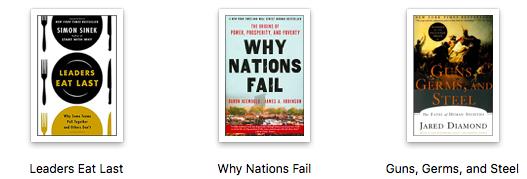Source: http://webspace.ship.edu/cgboer/rank.html
It begins with the will, Rank's word for the ego, but an ego imbued with power. We are all born with a will to be ourselves, to be free of domination. In early childhood, we exercise our will in our efforts to do things independently of our parents. Later, we fight the domination of other authorities, including the inner authority of our sexual drives. How our struggle for independence goes determines the type of person we become. Rank describes three basic types:
First, there is the adapted type. These people learn to "will" what they have been forced to do. They obey authority, their society's moral code, and, as best as they can, their sexual impulses. This is a passive, duty-bound creature that Rank suggests is, in fact, the average person.
Second, there is the neurotic type. These people have a much stronger will than the average person, but it is totally engaged in the fight against external and internal domination. They even fight the expression of their own will, so there is no will left over to actually do anything with the freedom won. Instead, they worry and feel guilty about being so "willful." They are, however, at a higher level of moral development than the adapted type.
Third, there is the productive type, which Rank also refers to as the artist, the genius, the creative type, the self-conscious type, and, simply, the human being. Instead of fighting themselves, these people accept and affirm themselves, and create an ideal, which functions as a positive focus for will. The artist creates himself or herself, and then goes on to create a new world as well.
we have a "life instinct" that pushes us to become individuals, competent and independent, and a "death instinct" that pushes us to be part of a family, community, or humanity.
The "fear of life" is the fear of separation, loneliness, and alienation; the "fear of death" is the fear of getting lost in the whole, stagnating, being no-one.
birth trauma, the idea that the anxiety experienced during birth was the model for all anxiety experienced afterwards.
This is my digital notebook. I created this because I find it more convenient and easily accessible to put my thoughts in a blog post than on paper. My posts are vague, drafts and random tidbits I gather here and there. This is the medium I use to clear my thoughts and conceptualize. Much of what I say here might not make sense. Conversations that would help make sense of things, however, are very much welcome.
Book Worm

So many books to read, so little time.
Books to read in 2018

So many books to read, so little time.
Thursday, June 4, 2015
REVIEW: Otto Rank
Subscribe to:
Post Comments (Atom)
No comments:
Post a Comment